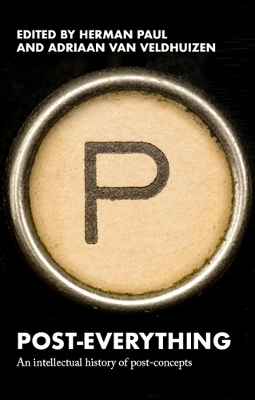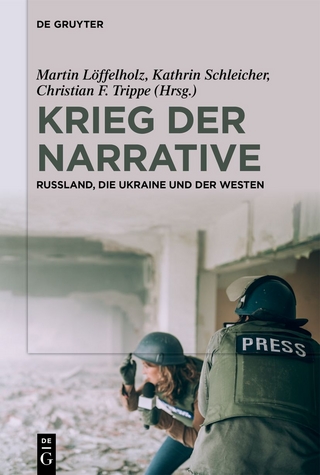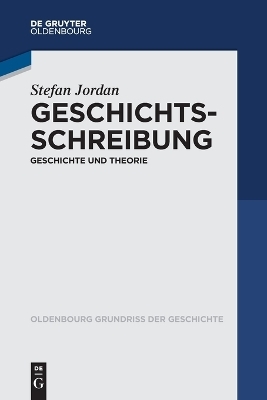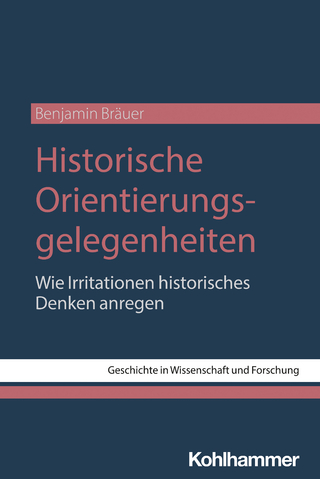
Post-Everything
Manchester University Press (Verlag)
978-1-5261-4819-3 (ISBN)
Postmodern, postcolonial and post-truth are broadly used terms. But where do they come from? When and why did the habit of interpreting the world in post-terms emerge? And who exactly were the ‘post boys’ responsible for this?
Post-everything examines why post-Christian, post-industrial and post-bourgeois were terms that resonated, not only among academics, but also in the popular press. It delves into the historical roots of postmodern and poststructuralist, while also subjecting more recent post-constructions (posthumanist, postfeminist) to critical scrutiny.
This study is the first to offer a comprehensive history of post-concepts. In tracing how these concepts found their way into a broad range of genres and disciplines, Post-everything contributes to a rapprochement between the history of the humanities and the history of the social sciences.
An electronic edition of this book is freely available under a Creative Commons (CC BY-NC-ND) licence. -- .
Herman Paul is Professor of the History of the Humanities at Leiden University Adriaan van Veldhuizen is a scientific researcher for the Dutch government -- .
Introduction: post-concepts in historical perspective – Herman Paul
Part I: The emergence of a prefix (1930s–60s)
1 ‘Our post-Christian age’: historicist-inspired diagnoses of modernity, 1935–70 – Herman Paul
2 The post-secular in post-war American religious history – K. Healan Gaston
3 Defining the old, creating the new: post-ideology and the politics of periodisation – Adriaan van Veldhuizen
4 The death and rebirth of ‘postcapitalist society’ – Howard Brick
Part II: Post rising to prominence (1970s–90s)
5 Post-Keynesian: a rare example of a post-concept in economics – Roger E. Backhouse
6 Lost in the post: (post-)structuralism between France and the United States – Edward Baring
7 The ‘post’ in literary postmodernism: a history – Hans Bertens
8 From political reference to self-narration: ‘postcolonial’ as periodiser – Andrew Sartori
9 The tradition of post-tradition – Stephen Turner
Part III: Contemporary post-constructions (2000s–present)
10 Busting the ‘post’? Postfeminist genealogies in millennial culture – Stéphanie Genz
11 Posthumanism and the ‘posterising impulse’ – Yolande Jansen, Jasmijn Leeuwenkamp and Leire Urricelqui
Epilogue: lessons for future posts – Adriaan van Veldhuizen
Index -- .
| Erscheinungsdatum | 05.07.2021 |
|---|---|
| Zusatzinfo | 4 black & white illustrations |
| Verlagsort | Manchester |
| Sprache | englisch |
| Maße | 156 x 234 mm |
| Gewicht | 553 g |
| Themenwelt | Geisteswissenschaften ► Geschichte ► Geschichtstheorie / Historik |
| Geisteswissenschaften ► Philosophie ► Erkenntnistheorie / Wissenschaftstheorie | |
| ISBN-10 | 1-5261-4819-6 / 1526148196 |
| ISBN-13 | 978-1-5261-4819-3 / 9781526148193 |
| Zustand | Neuware |
| Haben Sie eine Frage zum Produkt? |
aus dem Bereich


